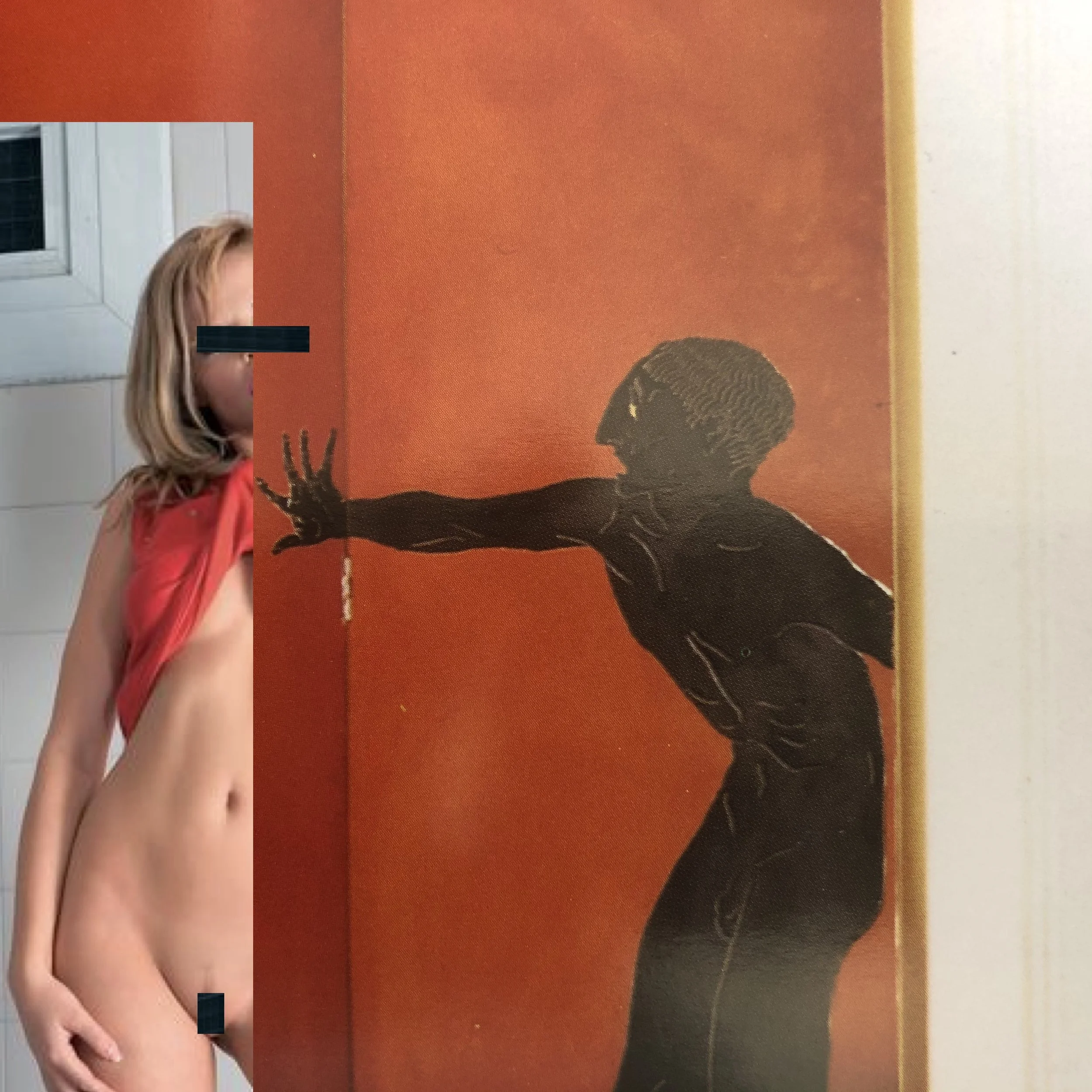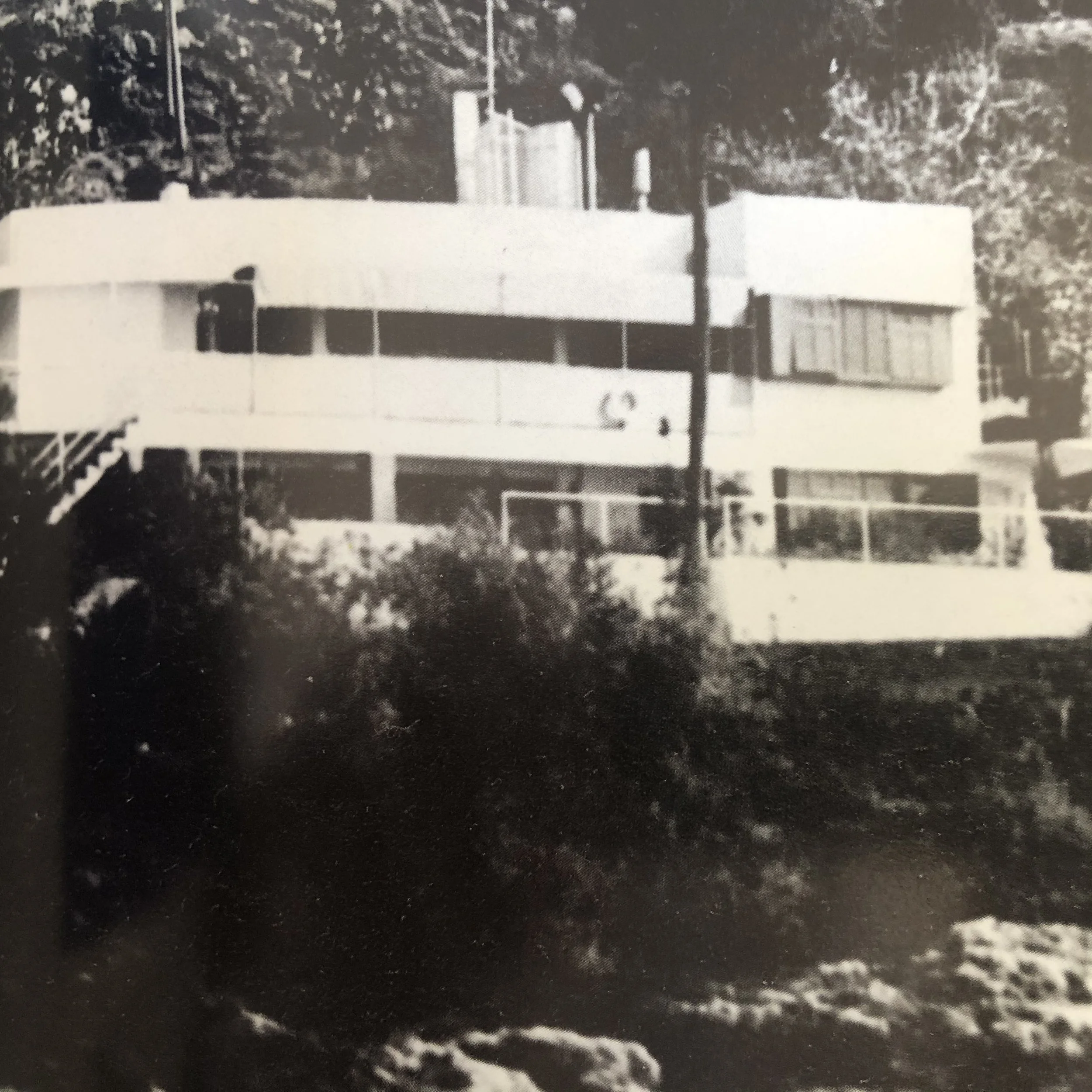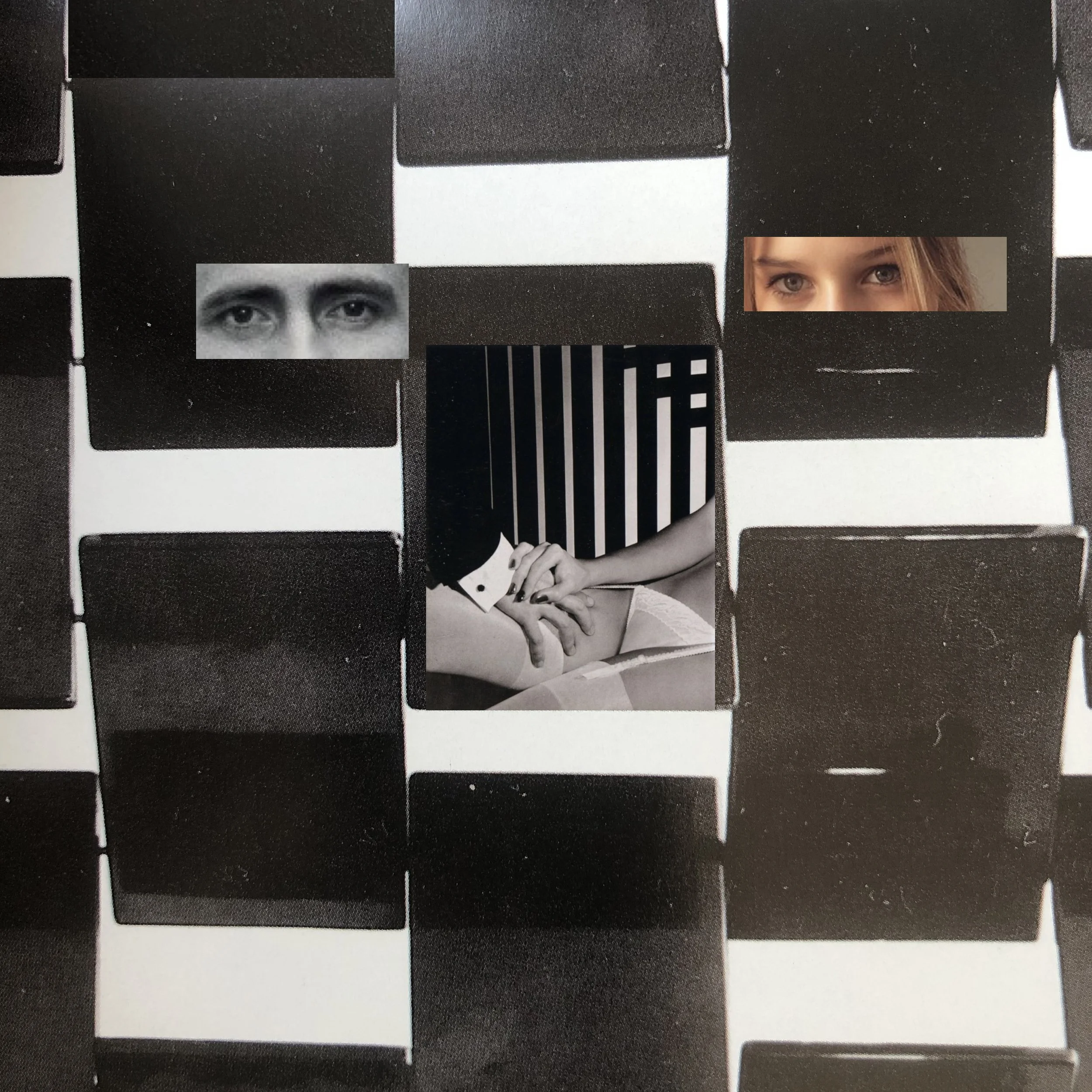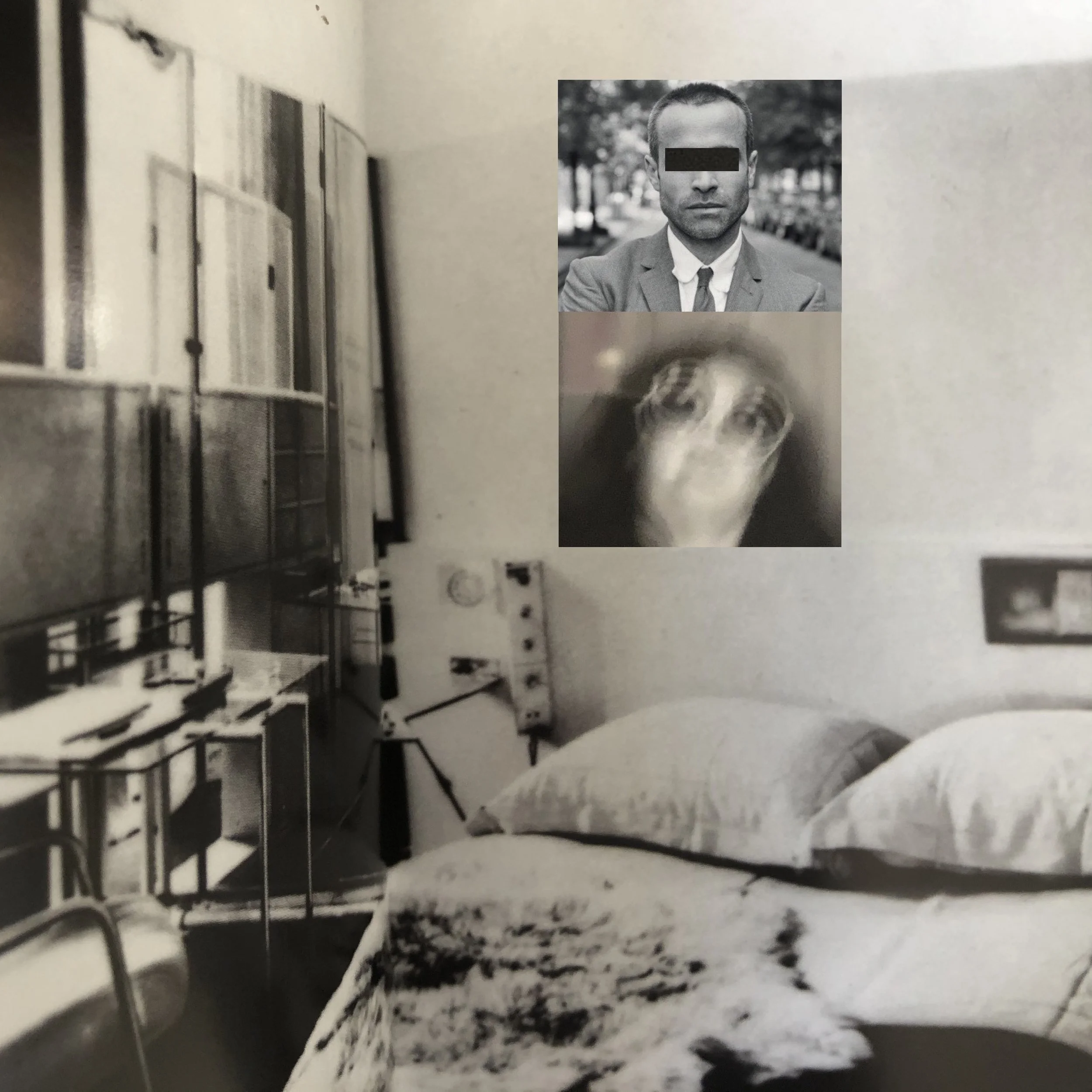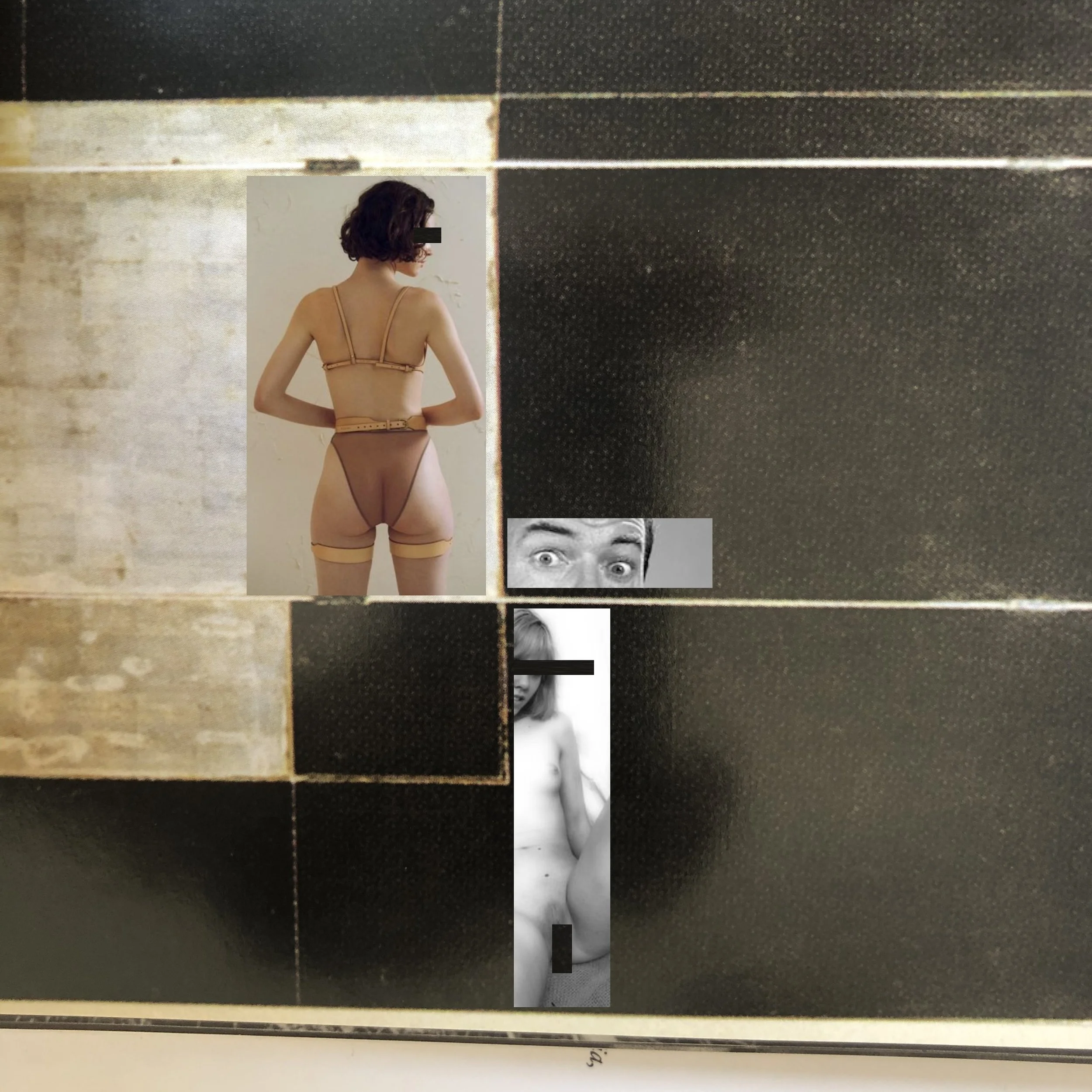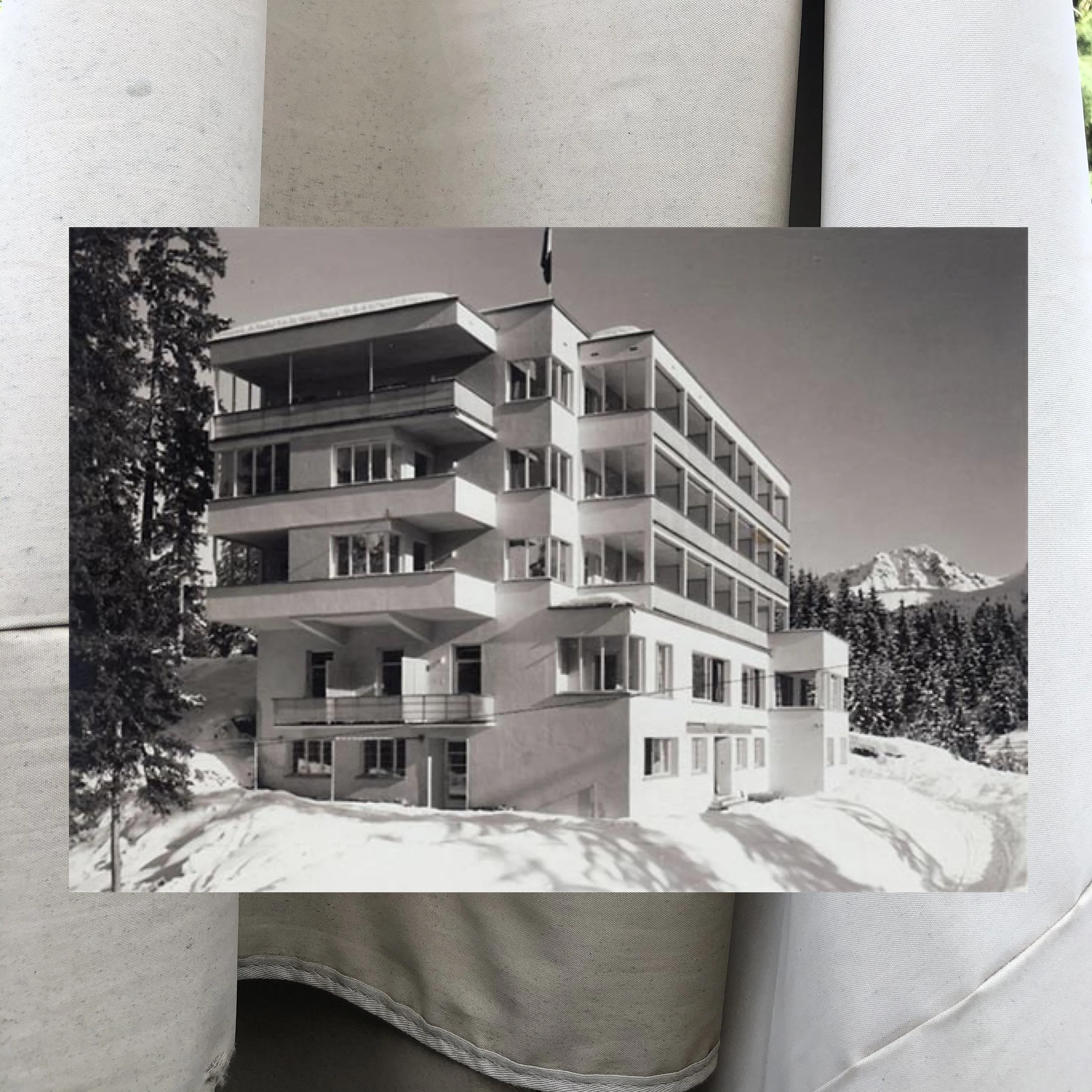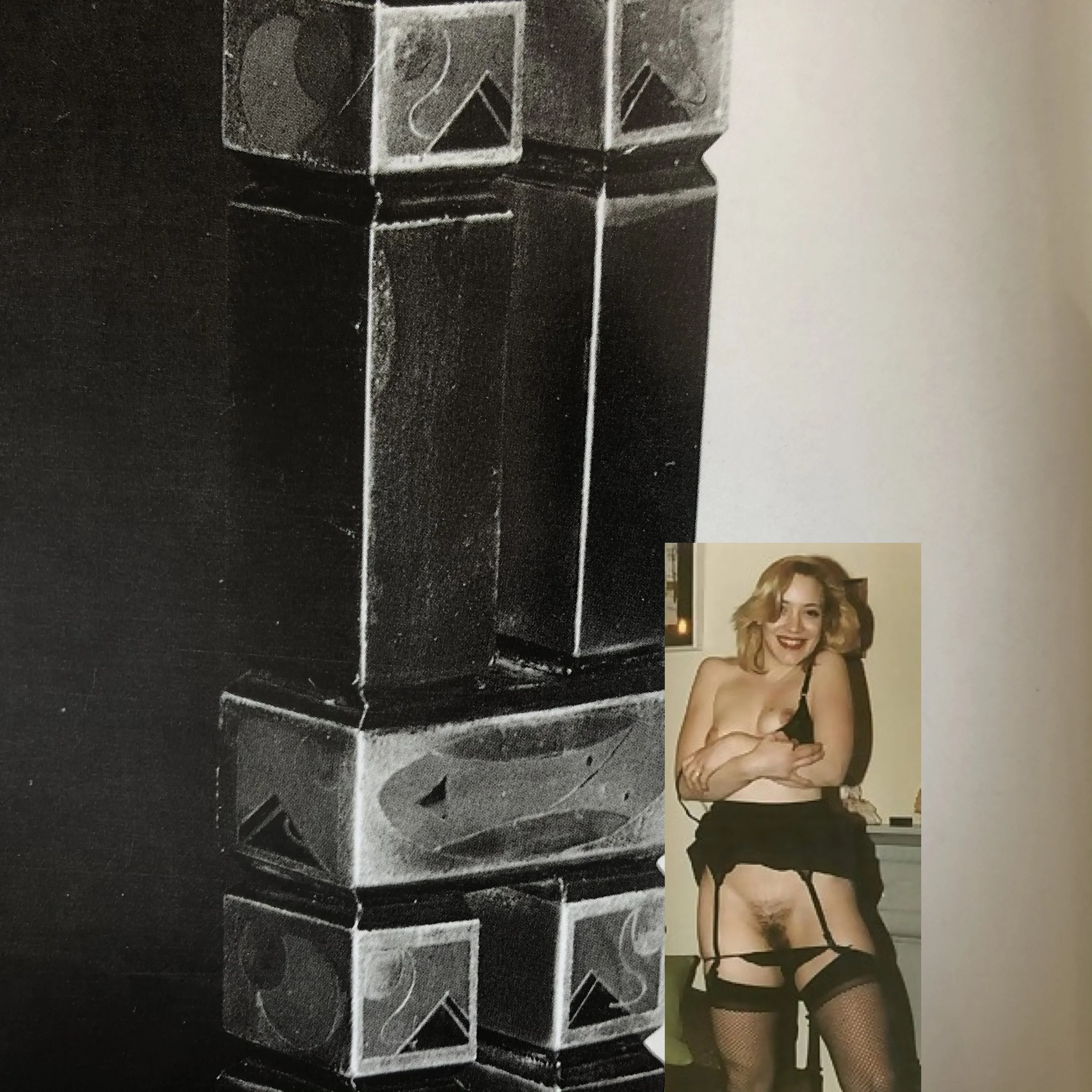The Lady Who Lived Nabokov
Her first novel, Dirty Love, sold millions of copies world-wide and won all the literary prizes worth winning.
She took the money and disappeared.
The book that put her in the spotlight was based on real-life soul-damage. Molested as a child, she found solace only in the work of a sophisticated fiction-smith whom, she felt, had captured the essence of what'd befallen her.
V. Nabokov lifted the theme for his most successful book from a poorly written pornographic story published in the gutters of Weimar-era Berlin. Since some scribblers don't know what to do with their great ideas, canny artists feel at liberty to steal them and realize their potential. But it's a rare author indeed who knows how to take a masterpiece even further.
Like her literary idol, the young writer emigrated from the country where she'd been made unhappy, and holed up in a discreet, fairly spotless Streamline Moderne hotel on the outskirts of an industrial city in Northern Belgium.
Also in emulation of The Master, she resolved to continue writing, but in Flemish, a language not her own, and hardly anyone else's. She has her work published privately, on antiquated machines, and presents the handsome hand-crafted books to people she admires and/or respects.
So far only seven copies have been distributed.
***
La donna che visse Nabokov
Il suo primo romanzo, Amore sporco, ha venduto milioni di copie in tutto il mondo e vinto tutti i premi che valgono la pena di vincere.
Lei ha preso i soldi ed è sparita.
Quel libro che l'aveva messa sotto i riflettori era basato su dei danni all'anima che aveva subìto nella vera vita. Molestata da bambina, ha trovato consolazione solo nei libri di un sofisticato narratore che, le sembrava, aveva catturato l'essenza di ciò che le era capitato.
V. Nabokov aveva rubato la trama del suo più celebre romanzo da una storiella pornografica scritta male e poi pubblicata nelle fogne di Berlino durante il periodo Weimar. Visto che certi scrittoruncoli non sanno che cavolo fare con le loro grandi idee, sta agli artisti astuti rubargliele per realizzare il loro potenziale. Ma sono rari gli autori che sanno far trascendere un capolavoro.
In omaggio al suo idolo letterario, la giovane scrittrice ha lasciato il paese in cui era stata resa infelice e si rifugiò in un discreto hotel stile Moderne nascosto nella periferia di una cittadina industriale nel nord del Belgio.
Sempre in omaggio al Maestro ha continuato a scrivere, ma in fiammingo, una lingua non sua e di pochissimi altri. Fa pubblicare privatamente le sue opere, presso una legatoria che usa dei vecchi macchinari. Regala i bei volumi solo a persone che ammira e/o rispetta.
Sinora sono state distribuite soltanto sette copie.


